Abstract
Language research on the school-undergraduate mathematics transition approaches the problem from various perspectives: language proficiency, mathematical discourse, multilingualism, etc. Our focus on topic-specific literacy demands responds to the manifestation of this stubborn problem at an English-medium university in multilingual South Africa. Performance is poor overall, with students not recognising their school ‘functions’ and ‘proofs’, but also inequitable by declared race and − in poorly understood ways − by measured literacy practices in English (Shay et al., 2020).
Sfard’s (2008) commognition recognises the key role of multimodal language in routines with and endorsing narratives about mathematical objects. For the specific problem in our context, we supplement Sfard’s word use and visual mediators from literature on topic-specific mathematical language (e.g., Prediger & Hein, 2017). Literacy practices, constituted by registers, language modes, and genres, are practised in one or more named languages. Eleven students with diverse language repertoires volunteered to answer six function questions during the 2020 ‘remote’ course. We analyse their written solutions and prompted, audio- recorded talk about these.
In our preliminary analysis students perform accurate routines with a given function but may not act with a function as mathematical object. Their narratives about proofs and definitions, in which conditional language (words and symbols) is not used productively, are generally not mathematically endorsed. Students are unsure what language modes constitute a valid proof and may be convinced by visual appearance. These results point to how, by supplementing Sfard’s language tools, we are surfacing the detail of students’ literacy practices for specific topics. The results and our perspective are informing first-year course design and lecturer education development in our multilingual context and could potentially be used in other such contexts.